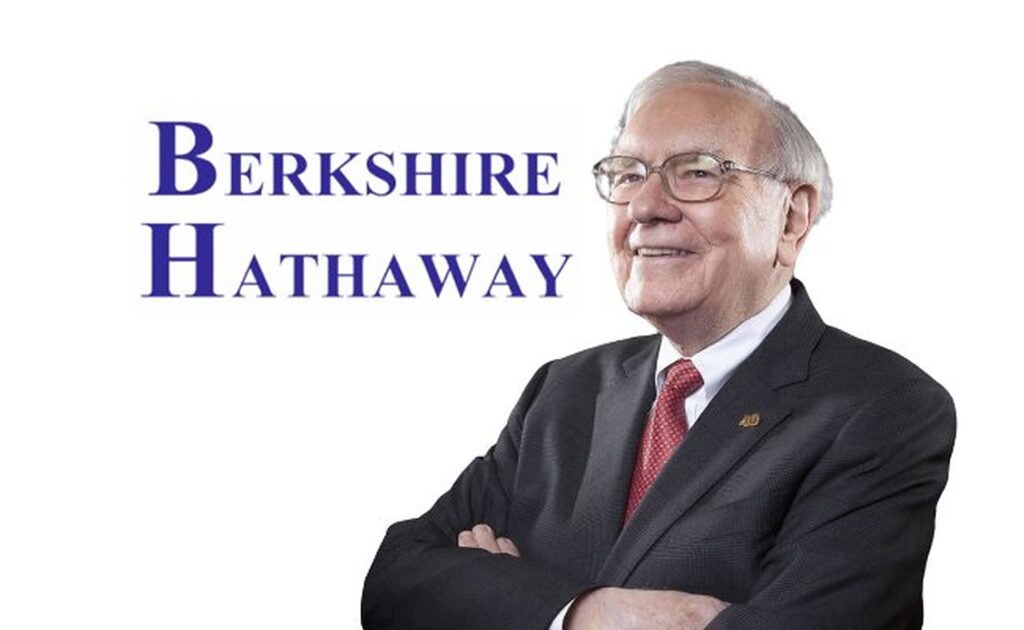Berkshire Hathaway (BRKa.N) significantly trimmed its substantial holding in Apple (AAPL.O) during the first quarter, while the conglomerate, led by Warren Buffett, witnessed its cash reserves hitting an all-time high of $189 billion.
Despite Berkshire achieving a record operating profit exceeding $11 billion, with its insurance operations benefiting from enhanced underwriting and increased investment income due to rising interest rates, the value of its Apple stake plummeted by 22% to $135.4 billion by March 31 from $174.3 billion at the close of 2023.
This reduction occurred even though Apple’s share price only experienced an 11% decline during the quarter.
Berkshire’s apparent sale of approximately 115 million Apple shares, representing a 13% reduction in its holdings, raised eyebrows given Buffett’s historical aversion to tech investments.
However, he had come to perceive Apple as a consumer goods giant with robust pricing dynamics and loyal customer base.
Concerns emerged among some investors regarding Apple’s dominance in Berkshire’s investment portfolio.
Nevertheless, the divestments bolstered Buffett’s cash reserves to more than six times the minimum $30 billion threshold he pledged to maintain.
Buffett reiterated at Berkshire’s annual meeting his commitment to Apple as its premier investment, unless a significant shift in capital allocation necessitates reconsideration.
He also indicated a willingness to further expand the cash position, foreseeing limited attractive alternatives in the equity markets amidst global uncertainties, with cash reserves potentially surpassing $200 billion by June’s end.
The divestment in Apple yielded Berkshire $11.2 billion in after-tax gains for the quarter. Despite this, Buffett remained unperturbed by the tax implications, maintaining his stance on paying taxes without complaint.
First-quarter operating profits soared by 39% to $11.22 billion, reflecting approximately $7,807 per Class A share, largely attributed to favorable yields on short-term investments and robust cash balances, according to Edward Jones analyst James Shanahan.
Although net income witnessed a 64% decline to $12.7 billion, or $8,838 per share, primarily due to an accounting rule mandating reporting of large unrealized gains from stocks, Buffett advises investors to disregard resulting fluctuations.
Berkshire also executed $2.6 billion in stock repurchases during the quarter, along with a minor amount in the first three weeks of April, as part of its ongoing capital deployment strategy.
Buffett’s stewardship has transformed Berkshire since 1965, evolving it from a textile company into a conglomerate boasting diverse holdings such as Geico, the BNSF railroad, Berkshire Hathaway Energy, Dairy Queen, and See’s Candies.
This diversification has earned Berkshire a reputation as a stable, long-term investment, exemplified by GEICO’s robust insurance profits and Berkshire Hathaway Energy’s resilience despite legal challenges stemming from Oregon wildfires.
